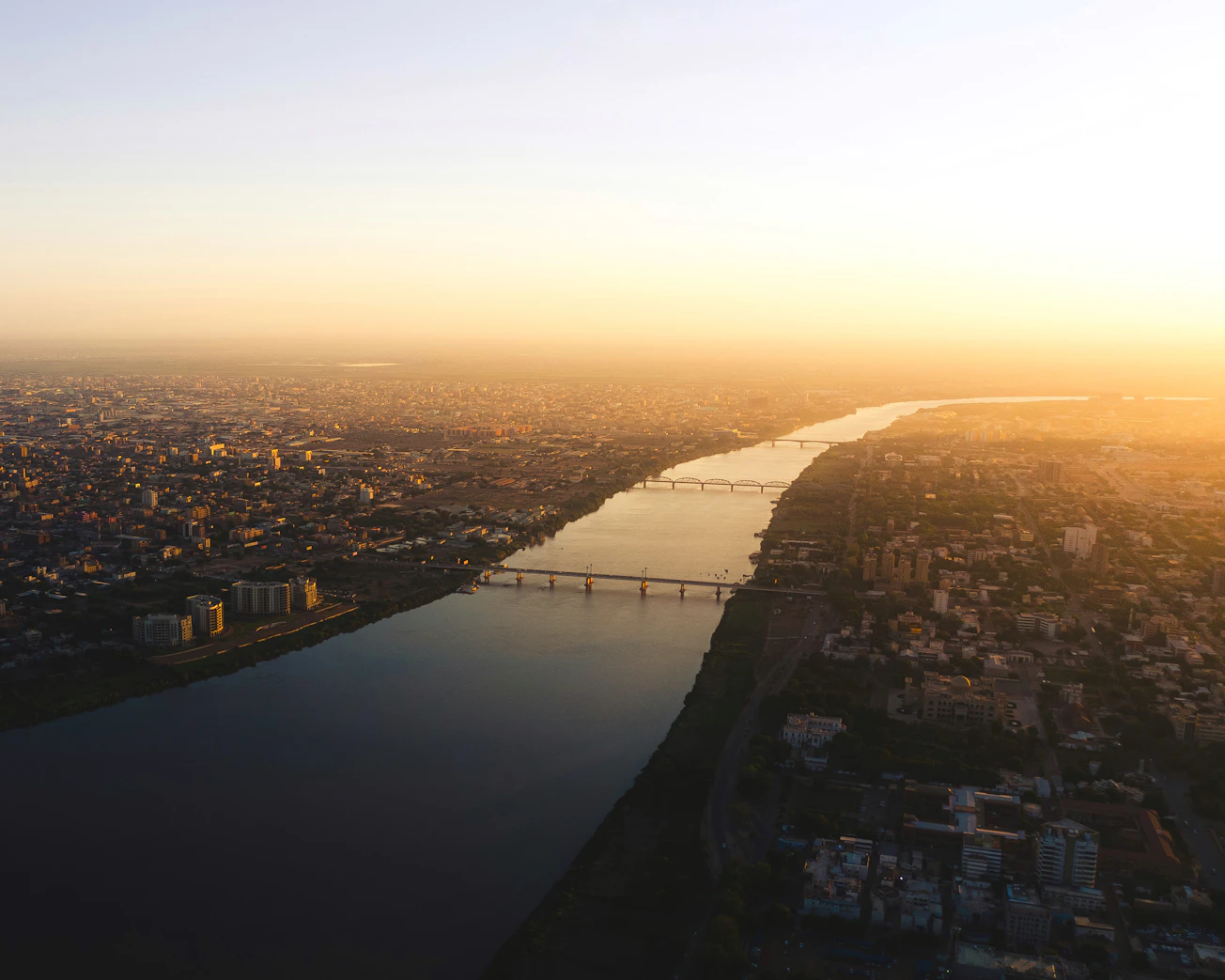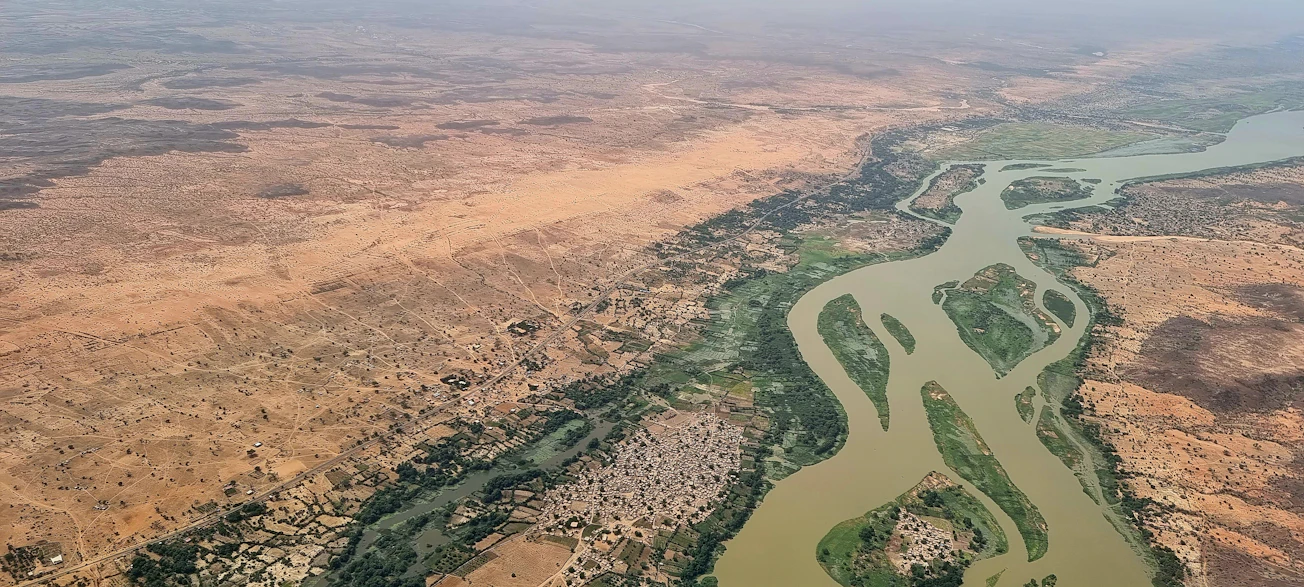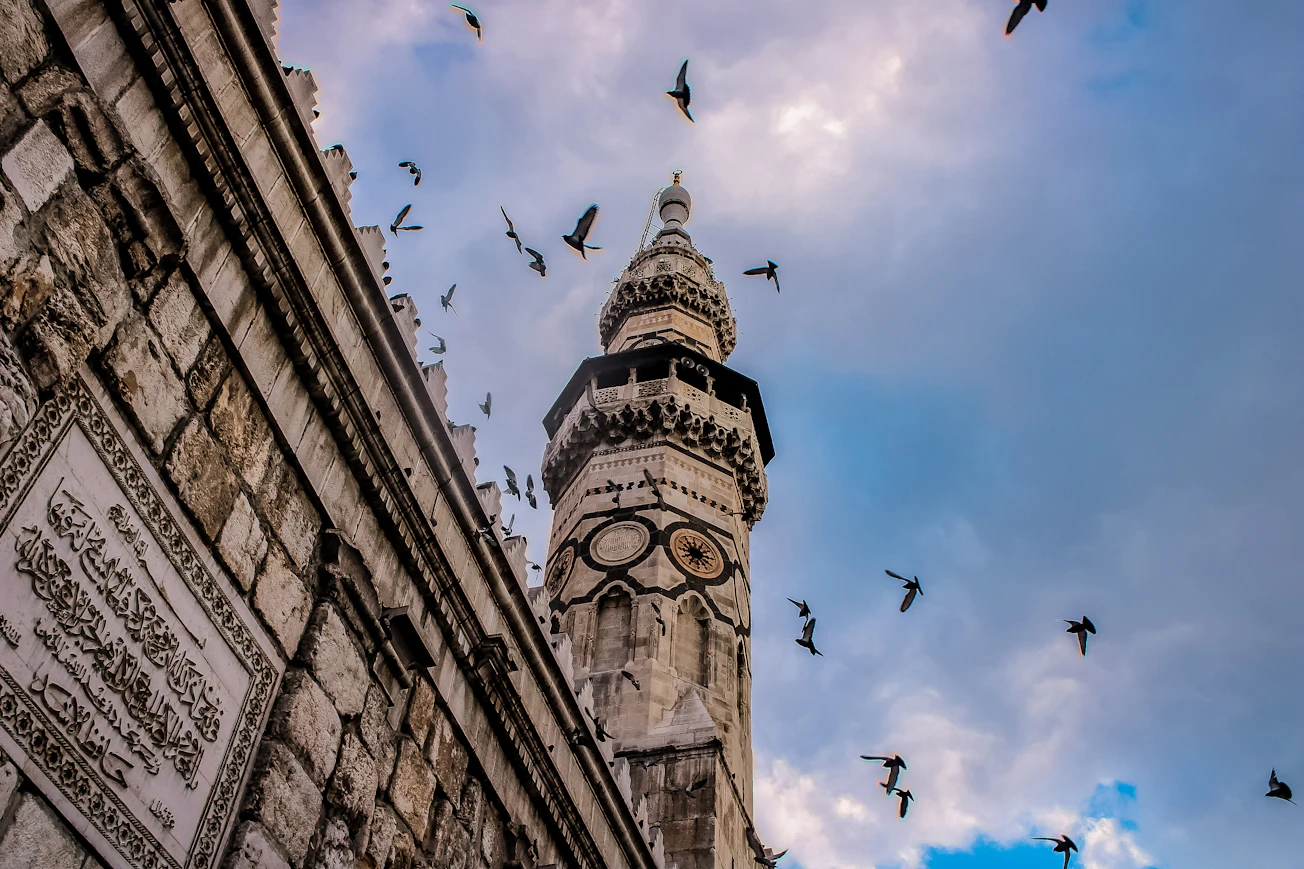Introduction
The ongoing conflict between the Rapid Support Forces (RSF) and the Junta, which erupted on April 16, 2023, has plunged Sudan into a state of turmoil, highlighting the fragility of the nation's journey towards democracy and governance. This war in Sudan not only underscores the deep-rooted tensions within the country's power structures but also signals an escalation in violence that threatens the stability of the region. The confrontation has drawn global attention to the devastating humanitarian consequences, including displacement, food insecurity, and human rights violations, amid the broader conflict landscape.
As Sudan navigates through this crisis, the international community watches closely, concerned about the potential for widespread humanitarian crises, from refugees fleeing violence to increasing incidents of malnutrition among children. The involvement of entities like the Wagner Group further complicates the situation, raising questions about foreign interference and the long-term impact on Sudan's transition to democracy. This article aims to dissect the origins of the RSF’s opposition, analyze the implications for Sudan's political future, and explore the humanitarian aftermath of the conflict.










